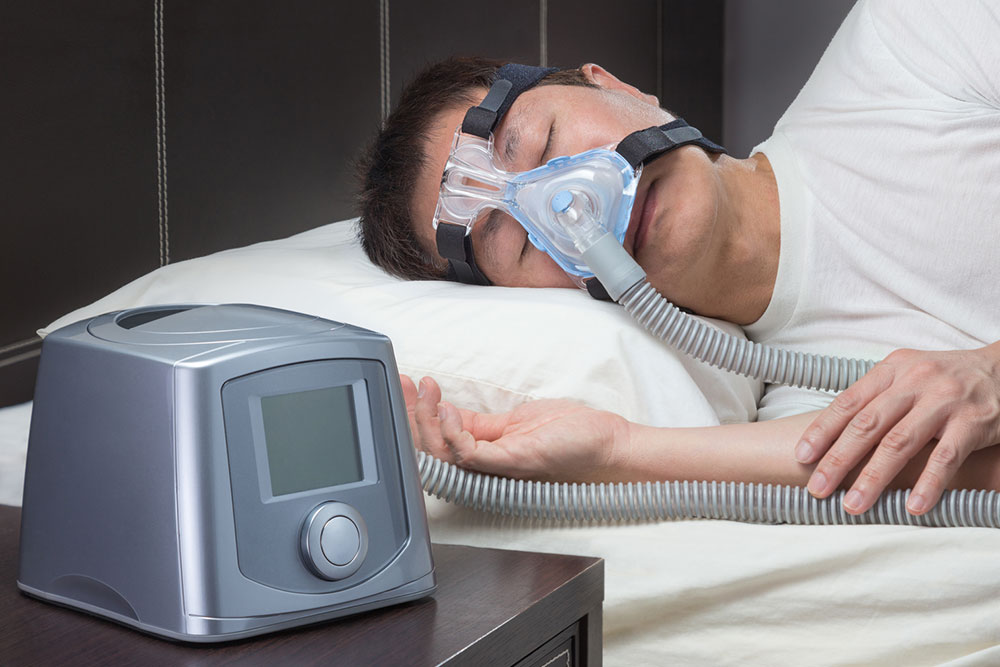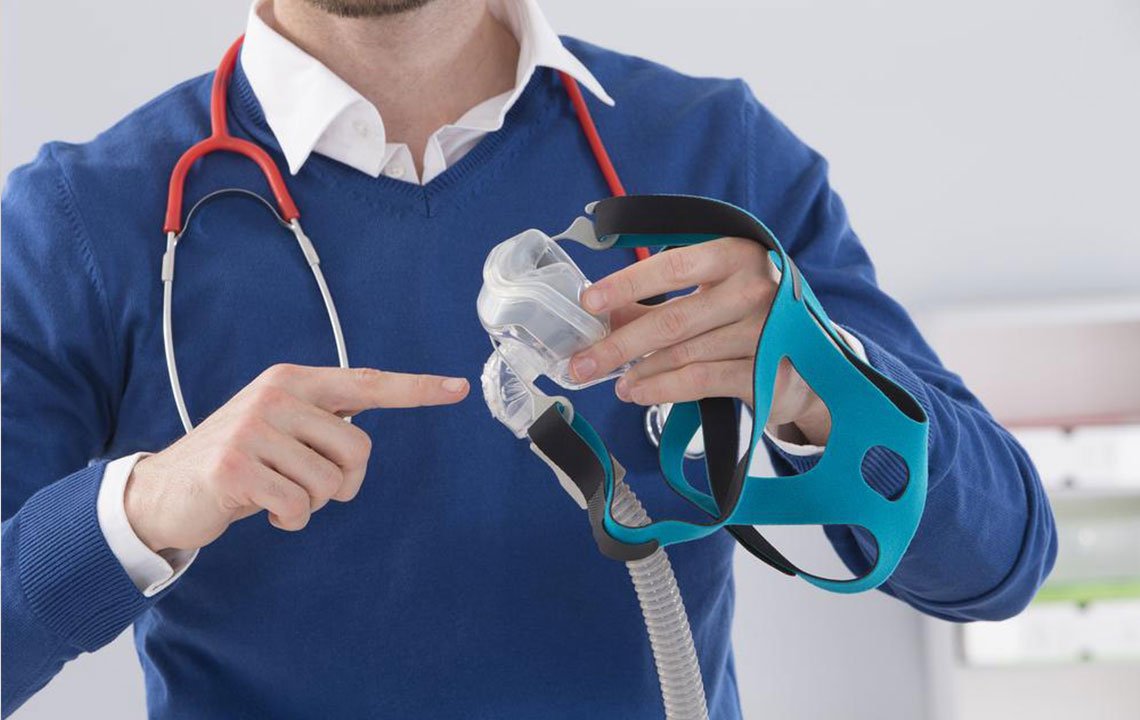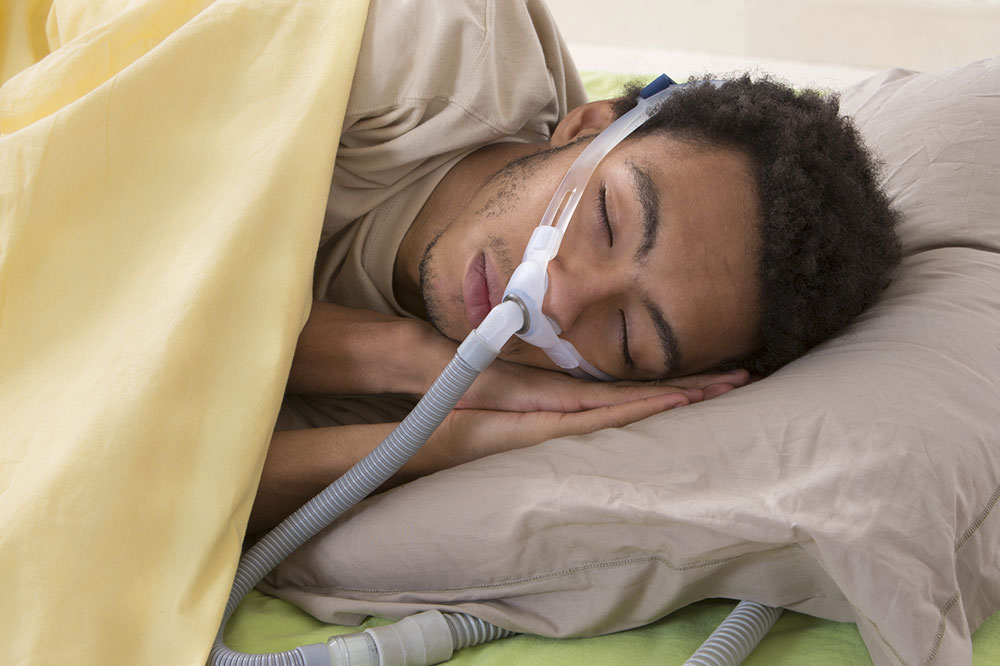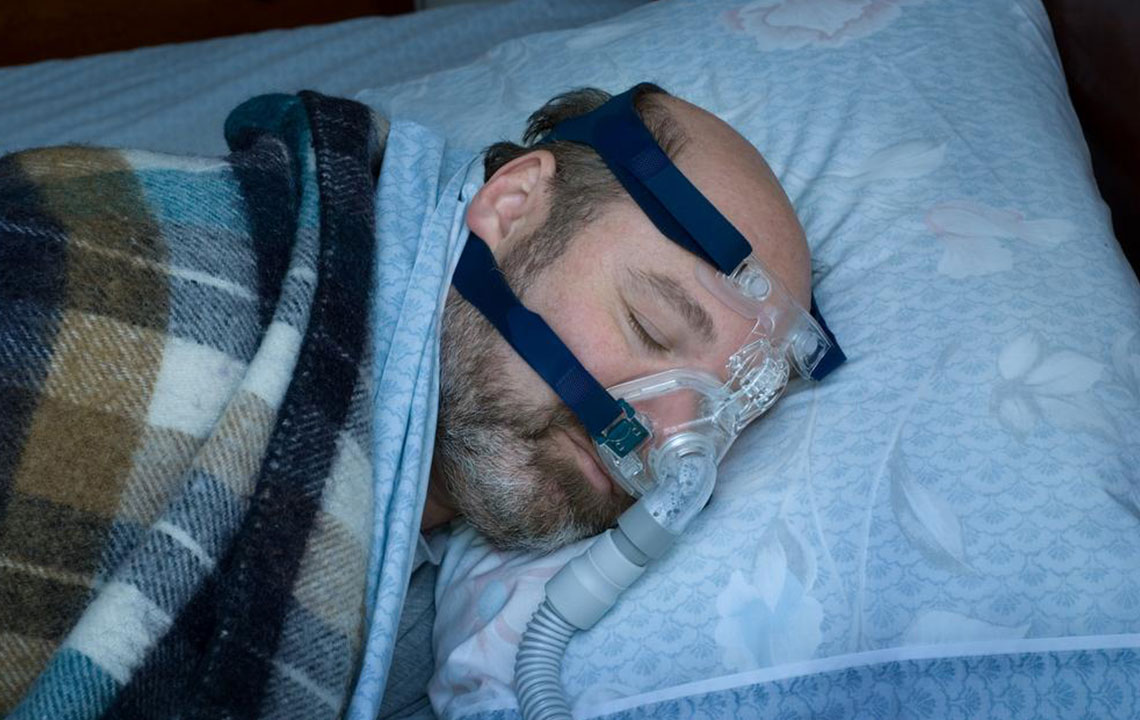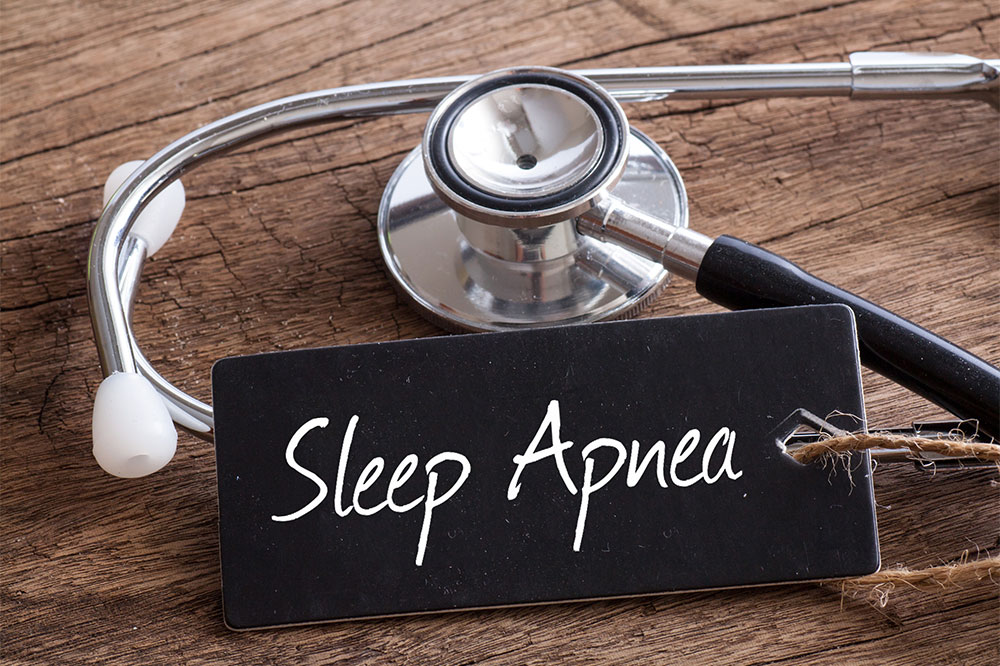Effective Approaches to Managing and Treating Sleep Apnea for Better Health
Discover effective strategies to manage and treat sleep apnea comprehensively. This guide covers lifestyle modifications, medical devices like CPAP, supportive remedies, and surgical options, aiming to improve sleep quality and overall health. Learn how weight management, sleep positioning, and professional treatments can significantly reduce apnea episodes and alleviate symptoms, helping you regain restful nights and healthier mornings.
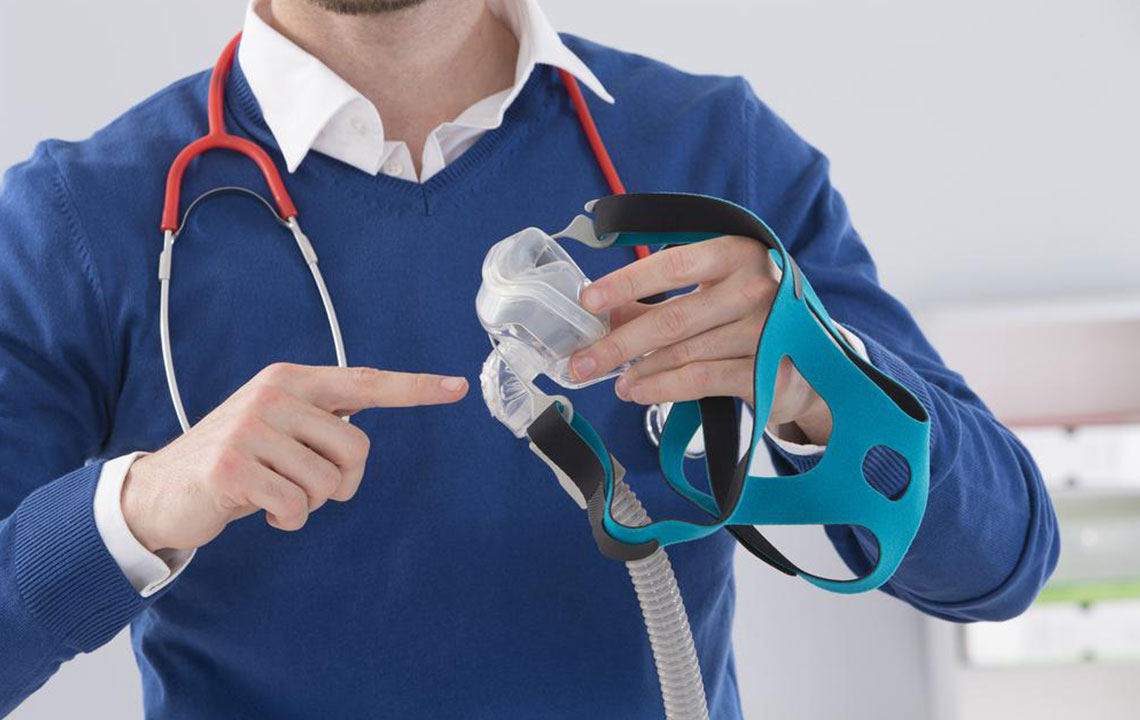
Effective Approaches to Managing and Treating Sleep Apnea for Better Health
Sleep apnea is a common yet often overlooked sleep disorder that can significantly impact overall health and quality of life. While many individuals dismiss snoring as a harmless nuisance, persistent loud snoring coupled with excessive daytime fatigue may be signs of sleep apnea. Recognizing the seriousness of this condition is essential because untreated sleep apnea can lead to severe health complications, including heart problems, hypertension, and cognitive issues. This comprehensive guide explores the most effective strategies for managing and treating sleep apnea, aiming to help sufferers improve their sleep quality and overall well-being.
Understanding sleep apnea involves recognizing its different types—obstructive, central, and complex. Obstructive sleep apnea (OSA) is the most common and occurs when throat muscles relax excessively during sleep, causing airway blockage. Central sleep apnea results from issues within the brain’s control over breathing, while complex sleep apnea combines features of both. Proper diagnosis requires consultation with healthcare professionals, often involving sleep studies. Once diagnosed, a tailored treatment plan can significantly alleviate symptoms, improve sleep quality, and reduce health risks associated with this nocturnal disorder.
Addressing sleep apnea effectively begins with lifestyle changes that reduce airway obstructions. Weight loss is paramount; excess fat, especially around the neck, can exacerbate airway blockages. Maintaining a healthy weight not only reduces symptoms but also lowers overall risk for related health conditions. Limiting alcohol intake and avoiding sedatives before bedtime can prevent relaxation of throat muscles that worsen apnea episodes. Quitting smoking is equally critical, as smoking inflames airways and contributes to airway collapse. Additionally, adopting specific sleep habits—such as sleeping on your side rather than on your back—can make a substantial difference.
Beyond lifestyle adjustments, sleep positioning plays a crucial role. Elevating the head of the bed by 4–6 inches or using specialized pillows designed for sleep apnea can help keep airways open throughout the night. For many, continuous positive airway pressure (CPAP) therapy remains the gold standard treatment. CPAP devices deliver a steady stream of compressed air through a mask, preventing airway collapse during sleep. When used consistently as prescribed, CPAP significantly reduces apnea episodes, improves oxygen levels, and enhances daytime alertness.
There are also various supportive devices and simple remedies to complement medical treatment. Nasal strips and saline sprays can reduce nasal congestion, facilitating easier breathing. Throat and tongue exercises—like gargling, singing, and specific muscle-strengthening routines—help strengthen airway muscles, potentially reducing incidents of obstruction. Some individuals benefit from oral appliances fitted by dental specialists, which reposition the jaw and tongue to keep airways open.
In cases where conservative measures are insufficient, more invasive options may be considered. Surgical procedures like uvulopalatopharyngoplasty (UPPP) aim to remove excess tissue from the throat, while implants such as hypoglossal nerve stimulators—also known as sleep apnea pacemakers—provide a surgical solution to maintain airway patency during sleep. The choice of treatment depends on the severity of the condition, anatomical considerations, and patient preferences. Consulting with a sleep specialist or ENT doctor ensures a personalized approach that offers the best chance for symptom relief.
In addition to medical and surgical treatments, adopting lifestyle and behavioral modifications can lead to significant improvement. Regular exercise, even moderate activity like walking or swimming, helps reduce overall weight and enhances respiratory health. Avoiding heavy meals, caffeine, and alcohol close to bedtime promotes more stable sleep patterns. Monitoring sleep quality through diaries or sleep trackers can help identify triggers and track progress.
Addressing sleep apnea is a multifaceted process requiring patience, persistence, and support. Education about the condition and adherence to prescribed treatments are essential for success. Patients should work closely with healthcare providers to customize interventions, monitor progress, and make necessary adjustments. With the right combination of lifestyle changes, medical devices, and potentially surgical interventions, most individuals can experience a marked reduction in symptoms, leading to better sleep, improved health outcomes, and an enhanced quality of life.
